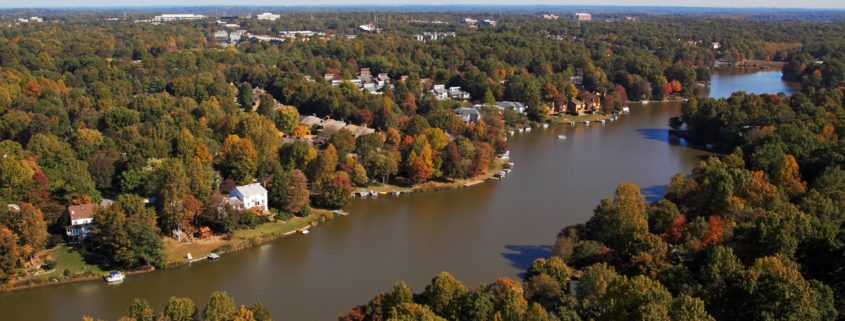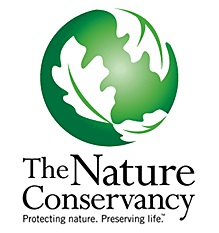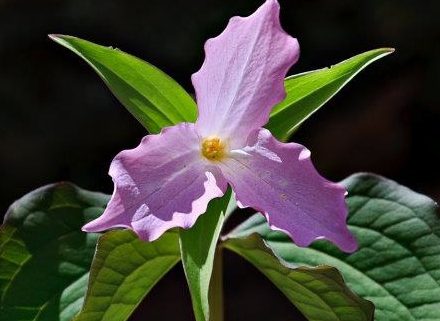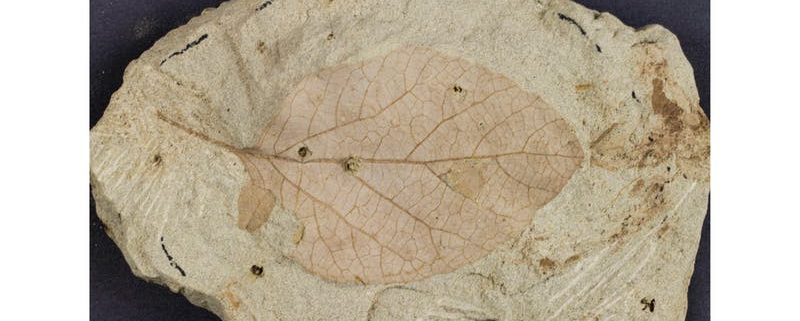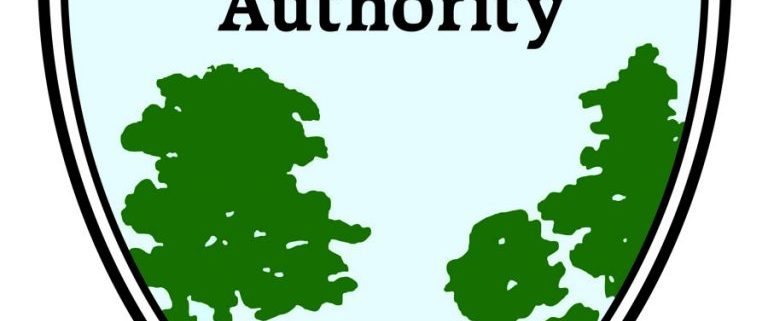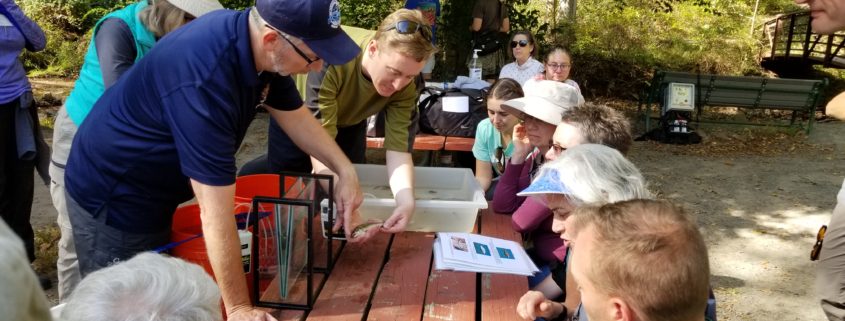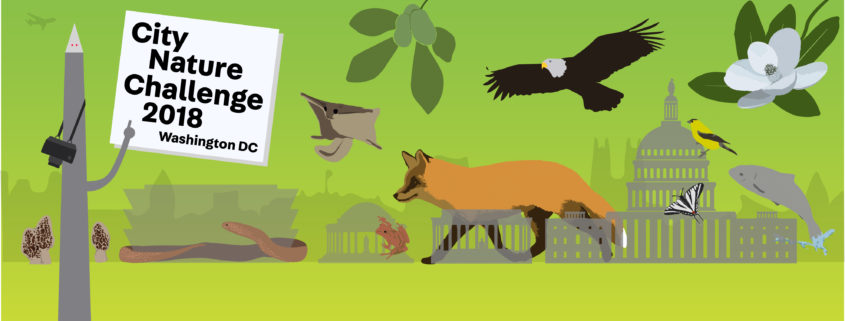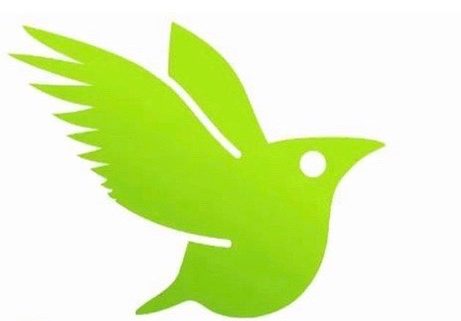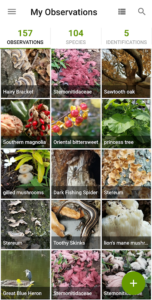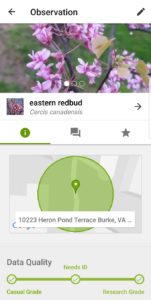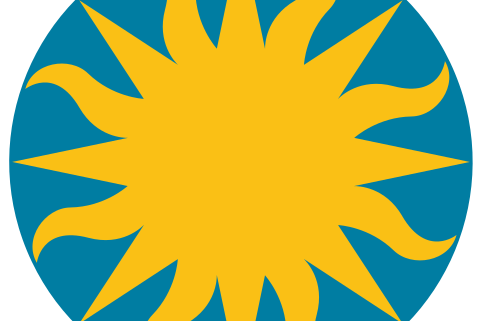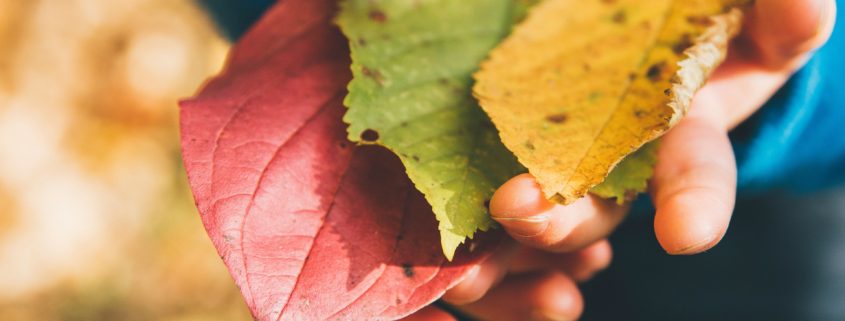The 30th annual Wintergreen Spring Wildflower Symposium offers diverse coverage of wildflowers and mountain ecosystems. The setting has more than 30 miles of hiking trails and convenient access to diverse geological sites. Participants learn about botany, geology, entomology, ornithology and ecology from 17 speakers and instructors.
Come learn from:
Dr. Tom Akre- Director of Virginia Working Landscapes, Smithsonian Conservation Biology Institute
Dr. Barbara Abraham- Adjunct Professor, Christopher Newport University and Retired Professor, Hampton
University
Dr. Chuck Bailey- Director and Chair, Department of Geology, College of William and Mary
Doug Coleman- Field Botanist; Executive Director, The Nature Foundation at Wintergreen
Gerry DeWitt- Nature Photographer
Dr. Mary Jane Epps- Assistant Professor of Biology, Mary Baldwin University
Dr. Linda Fink- Dorys McConnell Duberg Professor of Ecology, Sweet Briar College
Allen Hale- Owner, Buteo Books & Field Ornithologist, Virginia Society of Ornithology
Clyde Kessler- Birding and Insect Enthusiast, Regional Editor of Virginia Birds
Shawn Kurtzman- Biologist, Conservation Management Institute at Virginia Tech
Sarah Loken- Professional Macro photographer of the insect/wildflower connection
Chris Ludwig- Chief Biologist, Virginia Division of Natural Heritage & Co-Author, Flora of Virginia
Dr. Chip Morgan- Board Member, Flora of Virginia and Member of the Edith and Theodore Roosevelt Pine
Knot Foundation Board
Dr. Janet Steven- Associate Professor of Biology, Christopher Newport University
Nancy Walters-Donnelly- Director of Activities, Massanutten Resort
Dr. Dennis Whigham- Senior Botanist, Smithsonian Environmental Research Center & Founding Director,
North American Orchid Conservation Center
Tom Wiebolt- Retired Curator, Massey Herbarium, Vice President, Virginia Botanical Associates and contributor,
Flora of Virginia
Schedule and registration


